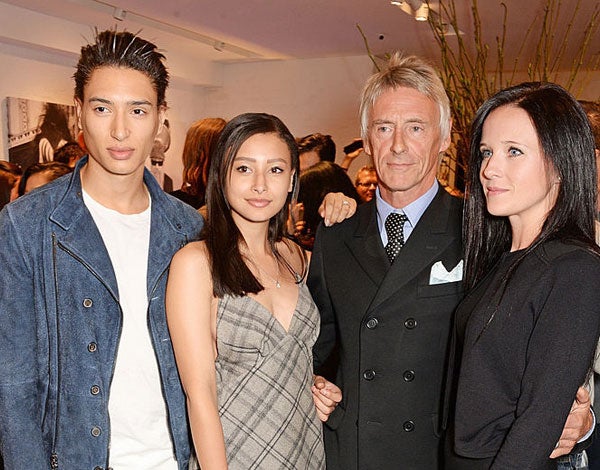
With the court’s protection and some common sense safeguards, celebrities now have far less to fear, says Jennifer Agate
It is often mistakenly assumed that those in the public eye must accept intrusion into their and their families’ private lives. Not so, as demonstrated by the recent Court of Appeal decision in proceedings brought by musician Paul Weller.
Weller had initiated proceedings against the Daily Mail following the publication of an article and photographs depicting him and his children enjoying a family day out in Los Angeles. The photographs showed Weller, his sixteen-year-old daughter and ten-month-old twins shopping in the streets of Santa Monica and relaxing in a caf’ – seemingly innocuous but with no public interest value.
The photographer had been asked to stop taking the photographs and had told the family not to worry; the photographs would be pixellated when published. They were not.
The Daily Mail published the photographs without pixellation, identifying the children by name, although wrongly in the case of the elder daughter, who was identified as Weller’s wife. Weller sued. The High Court found that the article had breached the family’s privacy and ordered the Daily Mail to pay the Weller’s costs plus ’10,000 in damages (’5,000 for the elder daughter and ’2,500 each for the twins).
The Daily Mail, outraged at the prospect that the decision could usher in an ‘image right’ (the protection of personal appearance in itself) in the United Kingdom, took the case to the Court of Appeal. They argued that there was no inherent privacy in an innocuous photograph where nothing inherently private is shown.
Secondly, they argued that as the taking and publishing of the photographs would have been legal in California, the expectation of privacy was reduced. The Court of Appeal was not convinced and dismissed the appeal, refusing permission to take the case to the Supreme Court.
While the privacy rights of children were already well established under English law, the decision appears to affirm the special nature of the privacy attaching to the children of parents with a public profile. The court recognised that ‘the fact that a child’s parents are in the public eye means that the child is potentially exposed to a special vulnerability: it could put their safety and security at risk.’
The caveat to this rule is where the parents have courted publicity for the child, in which case their expectation of privacy is reduced. In the Weller case, Paul Weller had accepted a public profile for himself in respect of his music career, but had actively sought to keep his children away from the public eye, including limiting their social media use.
The case reaffirms that the established principle that just because a parent enjoys (or suffers) a public profile, whether because of their status, wealth, ‘celebrity’ or by accident, this does not mean that their families are ordinarily fair game for media scrutiny. Of course, this principle can be undermined by the parents’ conduct or if there is a genuine public interest in the disclosure.
To ensure the privacy rights of a child are best protected, consideration should be given to:
– Avoiding discussion of private family life in public.
– Keeping children away from public events where the media are likely to be present.
– Limiting social media exposure, whether by the parent or the children themselves. Although easier said than done with teenage children, this also reduces the security risks associated with social media, including kidnap and cyber blackmail. Remember that even with ‘private’ settings, once shared with ‘friends’, you are reliant on those individuals choosing not to forward the pictures on.
– Taking proactive action at the first sign of any media coverage. The media are not entitled to publish photographs of a family enjoying private time, even where it takes place in a public place.
With these measures in place, even the most public figure can still enjoy some private family life.
Jennifer Agate is an associate at Farrer & Co






